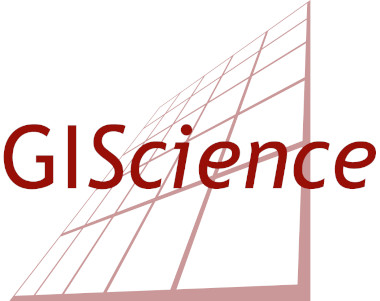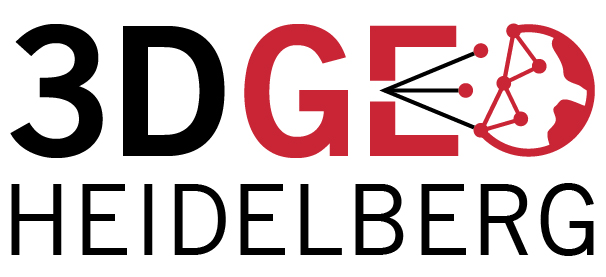Tag: spatial analysis
-
A novel test on the influence of spatial structure on the variance in local conditions
Statistical parameters often vary across geographic landscapes. For instance, when the the variance of georeferenced random variables is not stable, this might hint on variegated processes or contextual conditions in different sub-regions. Analysing such heterogeneous areas is challenging because an explicit consideration of this so-called spatial heterogeneity is required. Various approaches exist that take account…
-
Seminar on “Spatial urban analytics” at Harvard
Our team member René Westerholt recently held a joint session with Dr Guibo Sun from Hong Kong University. The session on “spatial urban analytics” was part of the Geography colloquium at Harvard University. Both talks were dealing with methodological issues. Thereby, René emphasised on technical issues in the spatial analysis of social media data. Dr…
-
3rd CFP: Journal Special Issue “VGI Analytics” in Geo-Spatial Information Science and AGILE workshop
VGI-Analytics 2017 Volunteered Geographic Information (VGI) and social media data have become part of our everyday lives over the past few years. Whereas in the early beginnings of crowd-sourced data the collection occurred primarily to isolated, individual platforms, contribution patterns are now beginning to be more intertwined between different platforms, both at the application level…
-
Prize of “Runder Tisch GIS” for GIScience Master Thesis on Geospatial Analysis of the German Software Industry (Jan Kinne, Heidelberg)
The Master Thesis of Jan Kinne on the subject: “The Geographic Dispersal of the German Software Industry – Geospatial Analysis and Location Pattern Modeling” won the price “Nachwuchsförderpreis Geoinformatik 2017” of the “Runde Tisch GIS e.V.” in the category ‘Master Thesis’ with a value of 1.500 Euro. In addition Jan did also win the audience…
-
Invitation: Colloquium Talk by Jun.-Prof. Sven Lautenbach on Trade-offs Between Land use and Ecosystem Services
We cordially invite all interested to our forthcoming talk in the GIScience colloquium next Monday, December 12, about quantifying trade-offs between land use and ecosystem services. Jun.-Prof. Sven Lautenbach will provide an overview of methods to assess the different environmental goods and services produced by land systems. Policy makers are in want of such information to…
-
Geospatial Analysis of Disasters – Measuring Welfare Impacts of Emergency Relief, Workshop Heidelberg University
IWH Symposium: Geospatial Analysis of Disasters Measuring Welfare Impacts of Emergency Relief today & tomorrow: July 18-19, 2016 at Heidelberg University, Germany (by invitation only) Natural disasters and man-made catastrophes pose a serious threat to the stability and prosperity of countries and the well-being and lives of many individuals worldwide. Methodological advances and better availability…


